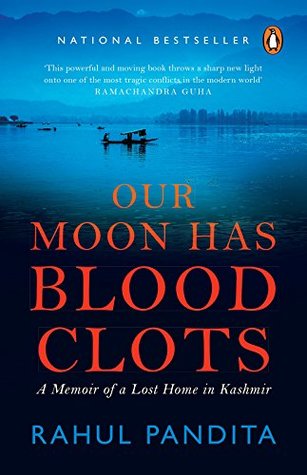The eleventh century Pandit poet Bilhana had a secret affair with a king’s daughter. When it was discovered, he was thrown into prison and ordered to be executed by beheading. Even while facing the prospect of execution, he wrote poetry. It was in the darkness of prison that he wrote his Chaurapanchasika (The Collection of Fifty Verses by a Love Thief). Many centuries earlier, Kashmiri scholars made immense contributions to Buddhism, which came to Kashmir with the emperor Asoka who extended his rule over Kashmir around 250 BC. It was in Kashmir that Buddhist scriptures were written in Sanskrit
...more
This highlight has been truncated due to consecutive passage length restrictions.


